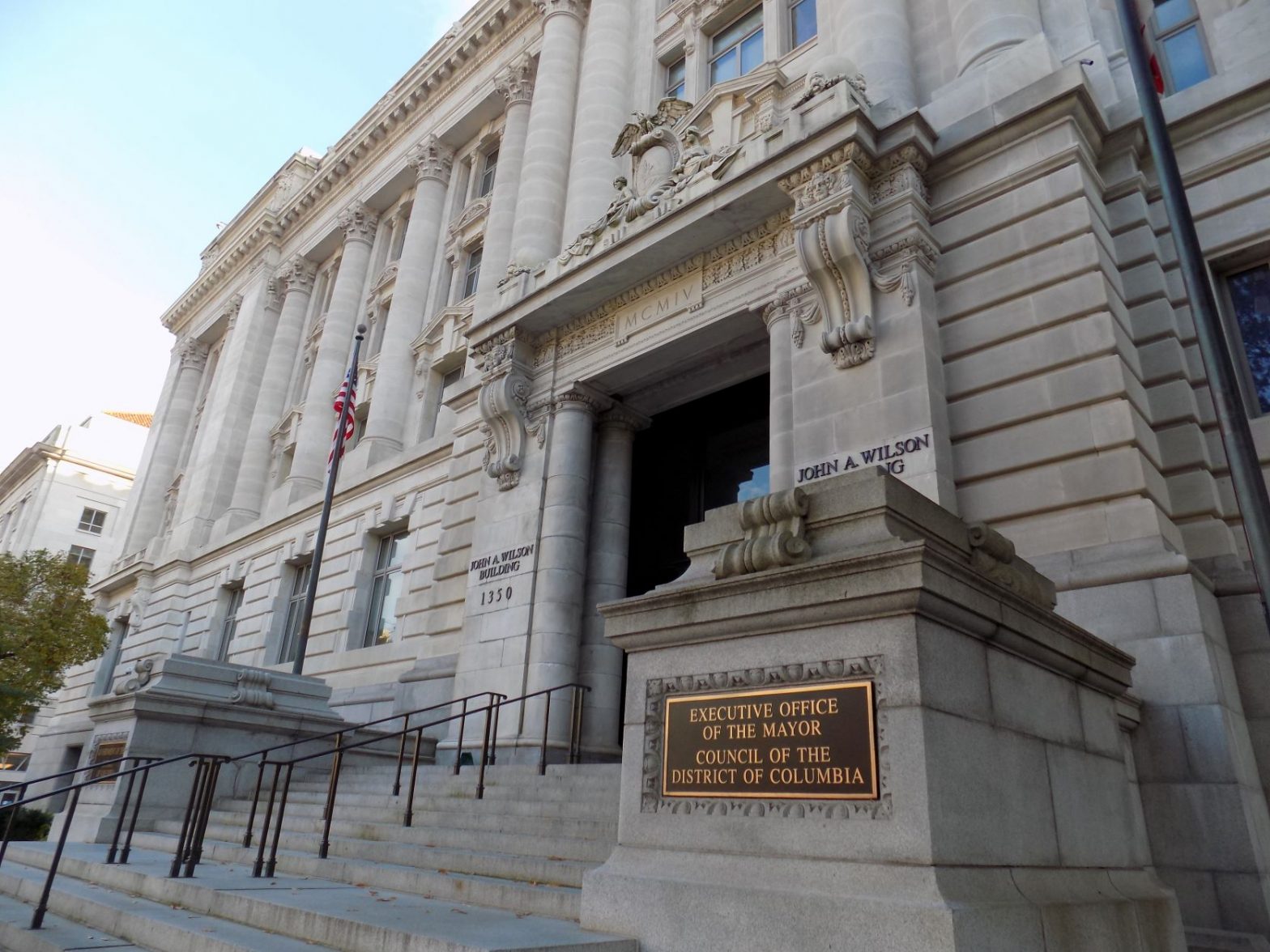DC Voting Laws Pummeled During Hearing on Election Reform

WASHINGTON — House Republicans denounced a set of new election laws recently approved by the District of Columbia City Council, claiming during a congressional hearing Wednesday that they would allow foreign adversaries living in the district to vote in local elections.
Among those that GOP members of the panel said they feared would exploit the new rules are workers at the Russian and Chinese embassies.
“American elections should be for American citizens,” said Rep. Bryan Steil, R-Wis., chairman of the House Administration Committee.
The laws also have few protections against identity fraud, perhaps allowing the same persons to vote multiple times under different names, according to some Republicans.
In addition, the D.C. Board of Elections makes a minimal effort to ensure mail-in ballots are sent to eligible voters, according to the critics.
“D.C. allows noncitizens to vote,” Steil said. “It’s a huge problem.”
In the 2020 election, about 48,000 D.C. mail-in ballots were returned by the Postal Service as undeliverable, Steil said. They represented 11.4% of the ballots that were sent out.
He and other Republicans are touting the American Confidence in Elections Act as the cure for voting integrity problems in the District of Columbia and nationwide.
The bill, introduced last July, would require voters to present photo identification before voting. D.C. voting laws do not require photo identification.
Other provisions would ban noncitizen voting as well as same-day voter registration. Both are allowed under D.C. law.
The Board of Elections would be required to regularly update names and addresses of registered voters. The board would be prohibited from sending unsolicited mail-in ballots to voters.
The board also would be required to more closely monitor potentially fraudulent signatures on voter registration forms.
The Republican bill is far different from Democratic proposals, such as the John Lewis Voting Rights Advancement Act.
Republicans seek to ensure only registered voters who can prove their eligibility are allowed to cast ballots. Democrats — such as the majority of D.C. Council members — are trying to make voting more accessible to increase participation beyond the current average of about 40%.
The voting reform measures pending in Congress began with election fraud allegations by former President Donald Trump after the 2020 presidential election.
They gained momentum as the COVID-19 pandemic deepened, compelling many voters to avoid polling stations and to resort to mail-in or drop box ballots to avoid infection. The expanded use of mail-in and drop box votes led to more allegations of voter fraud.
Additional warnings came from Ken Cuccinelli, a former Trump administration official who heads the conservative Election Transparency Initiative, as he testified before Congress Wednesday.
Better checks of voter eligibility, such as with photo identification, “protects the democracy and the value of American citizenship,” Cuccinelli said.
Some Democrats, such as Rep. Jamie Raskin, D-Md., called the suspicions of voter fraud overblown by Republicans concealing their true motives.
“There is no widespread voter fraud in D.C.,” Raskin said as he quoted from audits of voter integrity. Some of the audits were overseen by the FBI and federal courts.
The real motivation behind the American Confidence in Elections Act was to prevent Democrats from gaining more political influence, such as through the statehood movement by the heavily Democratic District of Columbia, Raskin said. If Congress approves D.C. statehood, the district would most likely add a Democratic senator and a representative to Congress.
He also said the bill carried racist overtones.
“Voter identification requirements disproportionately affect non-White voters,” Raskin said.
Also testifying at the hearing was Monica Holman Evans, executive director of the D.C. Board of Elections.
“I’ve heard allegations that we have no desire to find fraud in the District of Columbia,” Evans said. “That is not true.”
You can reach us at [email protected] and follow us on Facebook and Twitter
























